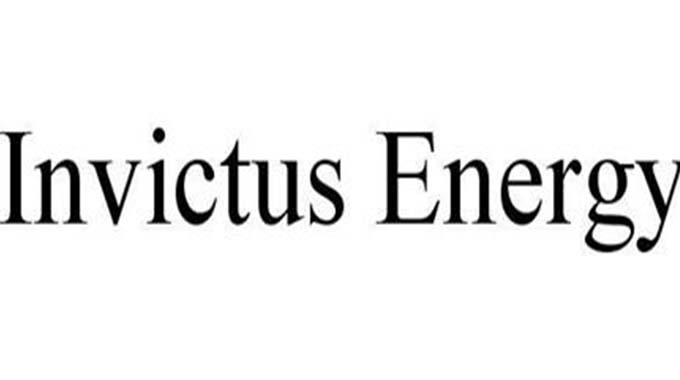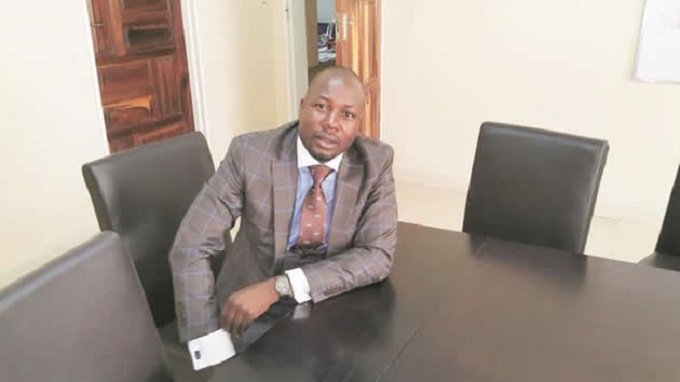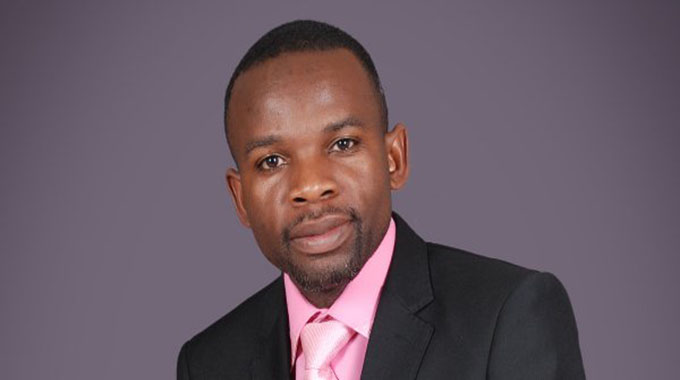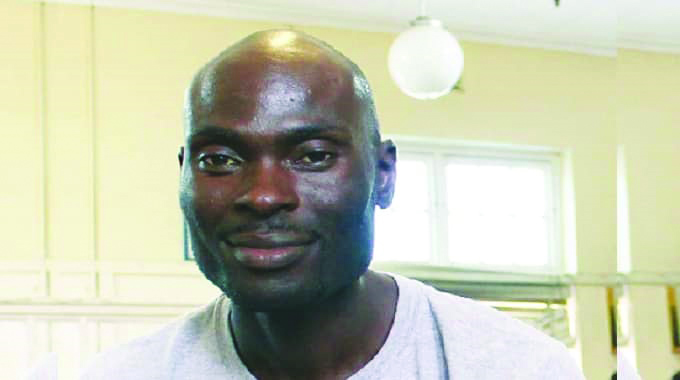EDITORIAL COMMENT: Zimbabwe is truly open for business

Invictus Energy board chairman Dr Stuart Lake led a high-level team that was in Harare this week as the Australia-headquartered company advances towards exploration on its natural gas permit in Muzarabani.
The company has a special grant, which covers 250 000 acres of the Cabora Bassa Basin in Mashonaland Central Province. For decades, the basin has been known to be highly prospective for hydrocarbons which is why American oil giant, Mobil Oil, conducted exploration work there in the early 1990s. Mobil was searching for oil so abandoned the project after it found more gas than oil. As companies in the petroleum industry always do, Mobil kept technical data of the prospect which it sold to Invictus a few years ago.
Now armed with far much better technology than was available in the 1990s, Invictus has said the Muzarabani asset contains potentially the largest, seismically defined, undrilled structure in onshore Africa. Also, an independently verified resource estimate says the asset has about 8,2 trillion cubic feet of natural gas and substantial amounts of oil which makes it a “giant scale” prospect.
Natural gas and oil have been staggeringly transformative wherever they have been discovered and judiciously exploited. We know how oil has transformed Angola’s economy so rapidly after its 1975-2002 civil war. Its oil industry accounts for one third of its Gross Domestic Product (GDP) of US$ 124 billion and more than 90 percent of exports.
Nigeria’s economy is so large essentially because of oil and natural gas. The same applies for North African giants; Egypt, Algeria and Libya.
Mozambique which, like Angola, faced a civil war soon after independence in 1975 until 1992 is one of Africa’s most lucrative destinations for foreign direct investment, thanks to its natural gas riches.
In June this year, for example, an American company approved an investment of US$20 billion to develop natural gas in Mozambique. It is likely that Mozambique, once the laughing stock of southern Africa and once one of its poorest, could become a prosperous economy in the not-too-distant future, thanks to natural gas.
We are mindful of the fact that it is still early days yet but we are following with keen interest, Invictus Energy’s activities in Muzarabani, hoping that the resource would be as economically transformative for our country as it has been for Angola and Nigeria and looks to do the same for Mozambique.
We are very encouraged by Dr Lake’s impressions on our country as an investment destination.
Speaking to the media in Harare on Wednesday after he and his delegation had met Government officials over the Muzarabani investment, Dr Lake had a lot of positives to say about our country.
“We would say Zimbabwe is open for business. We are here on the ground to set up our office now here in Zimbabwe and we will be bringing out some job adverts shortly,” he said.
“It’s not just rhetoric (that Zimbabwe is open for business), absolutely. I am not involved with this as a hobby, you have to understand. I am successful; I have been successful and would want to be successful, so I see an opportunity here. I have been to a lot of African countries, I have lived in Cairo (Egypt) as a case in point for two years; I have spent a lot of time in Ghana, I have been to Libya, South Africa and so forth (but), I am impressed (by Zimbabwe).”
Dr Lake is a figure of notable standing in global business. He comes from an influential country, Australia. He represents a company that is working to invest potentially hundreds of millions in a key commodity. Therefore, we are encouraged when a person like him has such a positive view of our country despite attempts by some locally and abroad to speak negatively about Zimbabwe.
President Mnangagwa and his Government are working very hard to put the country back on the map. He is working very hard to create an environment where international capital can feel comfortable. He is working very hard to turn around the fortunes of the economy after years of capital flight and regression.
Invictus has laid out a plan to drill its first well in the first quarter of next year as part of its exploration campaign to more accurately quantify the amount of natural gas available. Just to drill the well to a depth of about four kilometres will cost the company around US$20 million. More money would be spent as a few more wells are drilled around the prospective area.
The company announced Friday last week that it had picked the Scientific and Industrial Research and Development Centre to conduct an environmental impact assessment, a legally binding step that must be taken before all mining operations can begin. This and more developments over the past few months, indicates real progress on the gas project.
We urge many other potential investors across the world to come to the country like Dr Lake to better understand the local environment. No doubt, they would be encouraged to put their money into the country for their benefit and that of Zimbabwe.











Comments